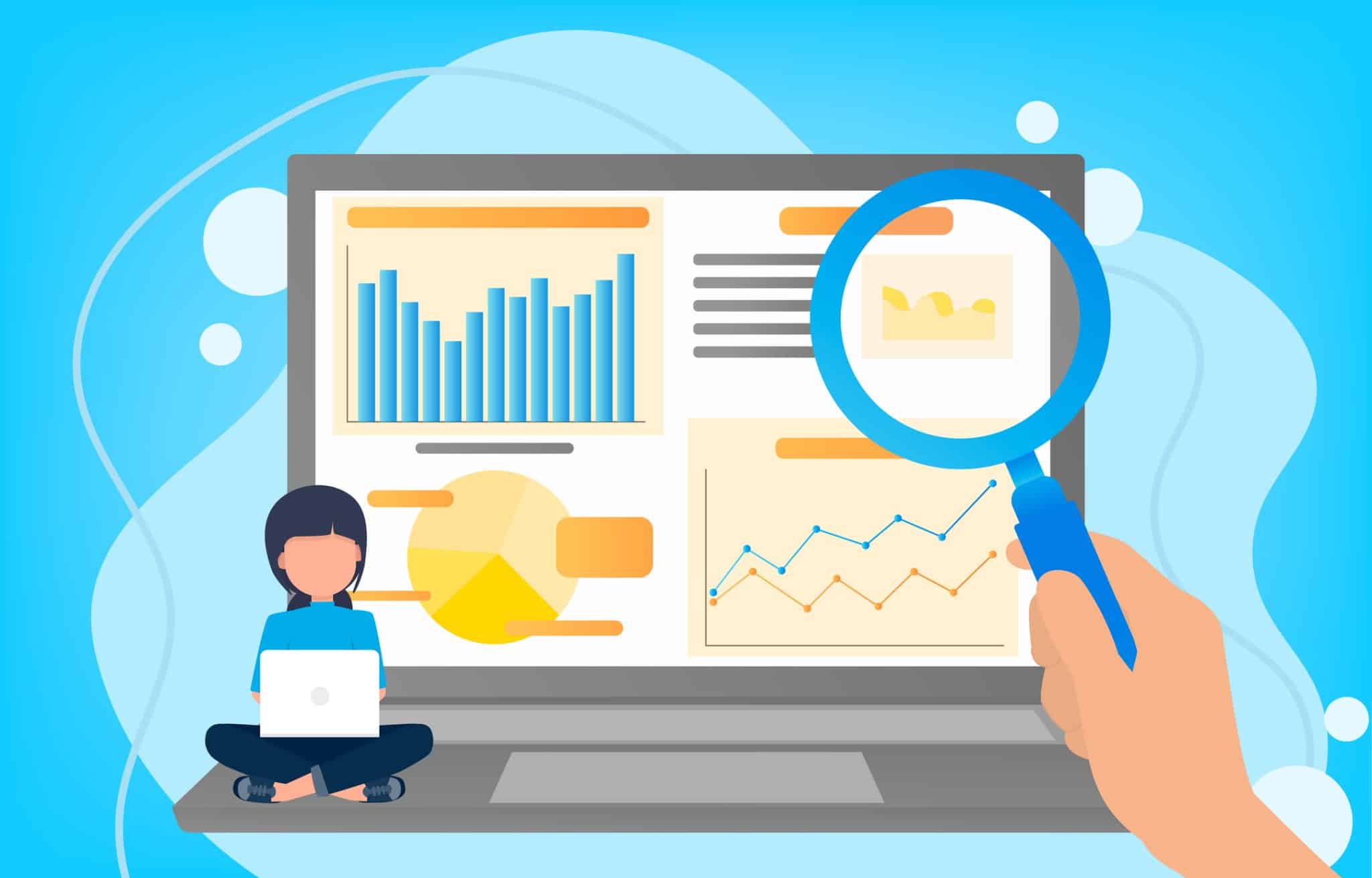Every organization faces moments of uncertainty where the path forward isn’t clear. It’s easy to get caught up in a flurry of potential solutions, leaving you wondering which direction is the best option.
A breakthrough comes when you validate your gut feelings with options grounded in data. This transformation begins with curiosity and clarity, so ask yourself some questions. What are you trying to solve? Which data points matter most, and do you have access to them? How can you use the data to tell a meaningful story that drives action? Who is accountable for the critical data in your organization?
Once you’ve answered these questions, it’s important to strive for a thoughtful data strategy where you understand why you have the data you do, and why you might need data that you don’t. Is your data helping you grow revenue, improve efficiency, enhance member experience, or support strategic initiatives? Data should be a catalyst for progress, not just a byproduct of daily operations. Clarifying your intentions and planning intentional use of your data can expedite your decision making.
Data literacy should be a cornerstone to the foundation of your data strategy. Staff should know where data comes from, where it goes, and how it’s used. Everyone in the organization has a role in ensuring that collected data is accurate, relevant, and used with purpose. Creating materials that visualize data flows can demystify complex systems and empower teams to make informed choices, and starting with clean, well-managed data ensures that visualizations and analysis are based on facts.
People, process, and technology must work together to support change. Change is inevitable, and planning for it is essential. Building a business case for change means identifying pain points, anticipating resistance, and communicating clearly. It’s critical that you plan ahead, recognizing the time, money, and effort that you’ll need to invest. Throughout the process, embracing new ideas and measuring outcomes will set your organization up for success.
In the new digital age, artificial intelligence can be a helpful tool throughout this process. Today, AI can answer questions, summarize data, offer suggestions, and predict outcomes. In the future, it will likely be able to brainstorm ideas, create dashboards, and act on decisions. For now, it’s important to remember that technology alone isn’t enough. Personal accountability for the work and deliverables remains a human responsibility, so make sure to review AI’s output before implementing it.
In the context of data, success is defined by more than just numbers. It’s about your organization’s experience with governance, staff literacy, reports and counts, visualizations and trends, a variety of data sets, and data hygiene. Whether you start with building a governance framework or creating data visualizations, the right approach depends on your goals and culture.
No matter where you start, clarity and expectations are vital. Using models like RACI (Responsible, Accountable, Consulted, Informed) helps define roles and set expectations, reducing confusion and minimizing frustration when analyzing your current state. Collecting, connecting, protecting, and respecting data assets can help you reflect on the value of your data assets while also ensuring privacy and security are never overlooked.
Finally, consider your team’s dynamic. Are you operating like a golf team that functions independently and shares insights intermittently or a basketball team that collaborates constantly and works interdependently? Understanding this can help you work within the dynamic you have to leverage data more effectively and create a culture where decisions are driven by evidence, not just intuition.
Moving from relying on hunches to becoming data-driven isn’t a one-off project; it’s an ongoing journey. The organizations that succeed are those that embrace change, invest in their people, and leverage data as a strategic asset. Ready to take a step? Start by identifying your most valuable data and asking the insightful questions that will build the foundation for creating returns from your data investments.
Topics

Talk to Our Experts
Looking for more information? Have questions? We’re here to help!
Drop us a line, and we’ll get in touch right away.



